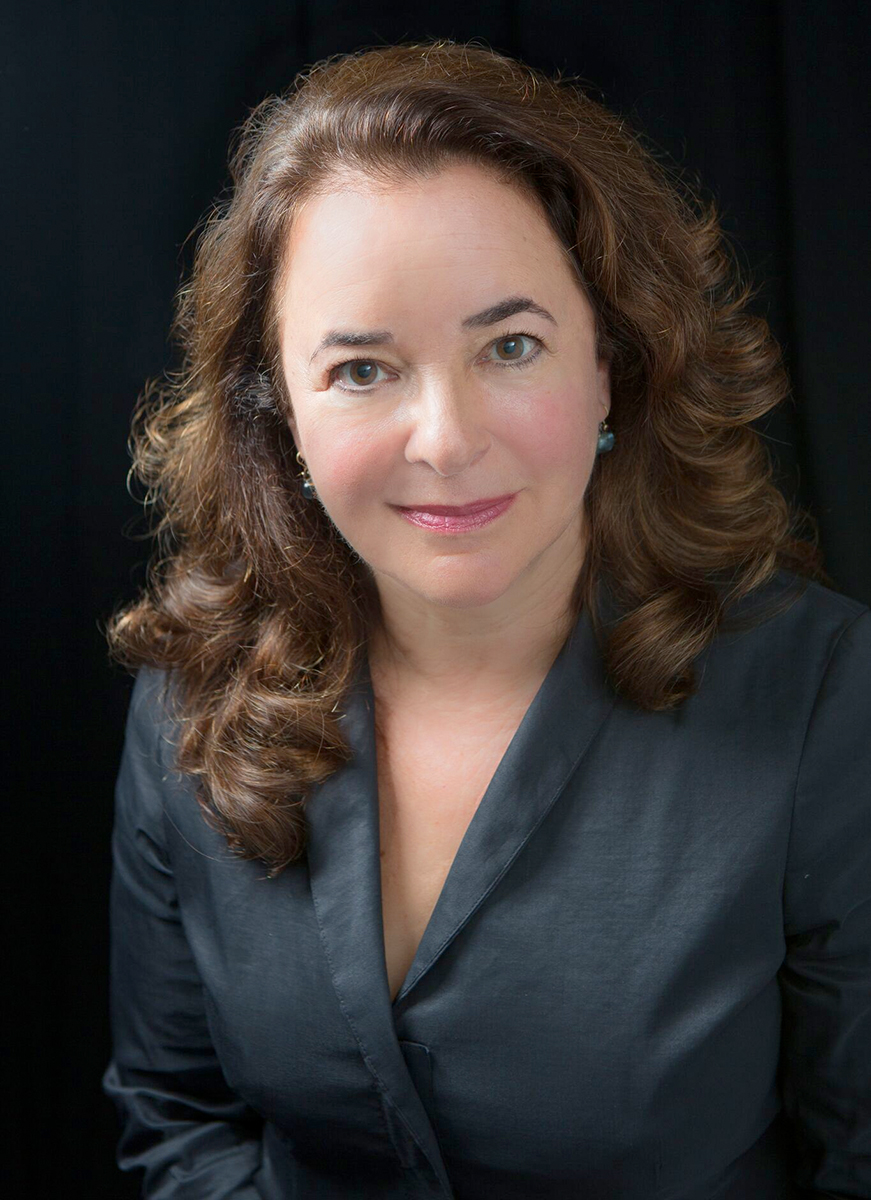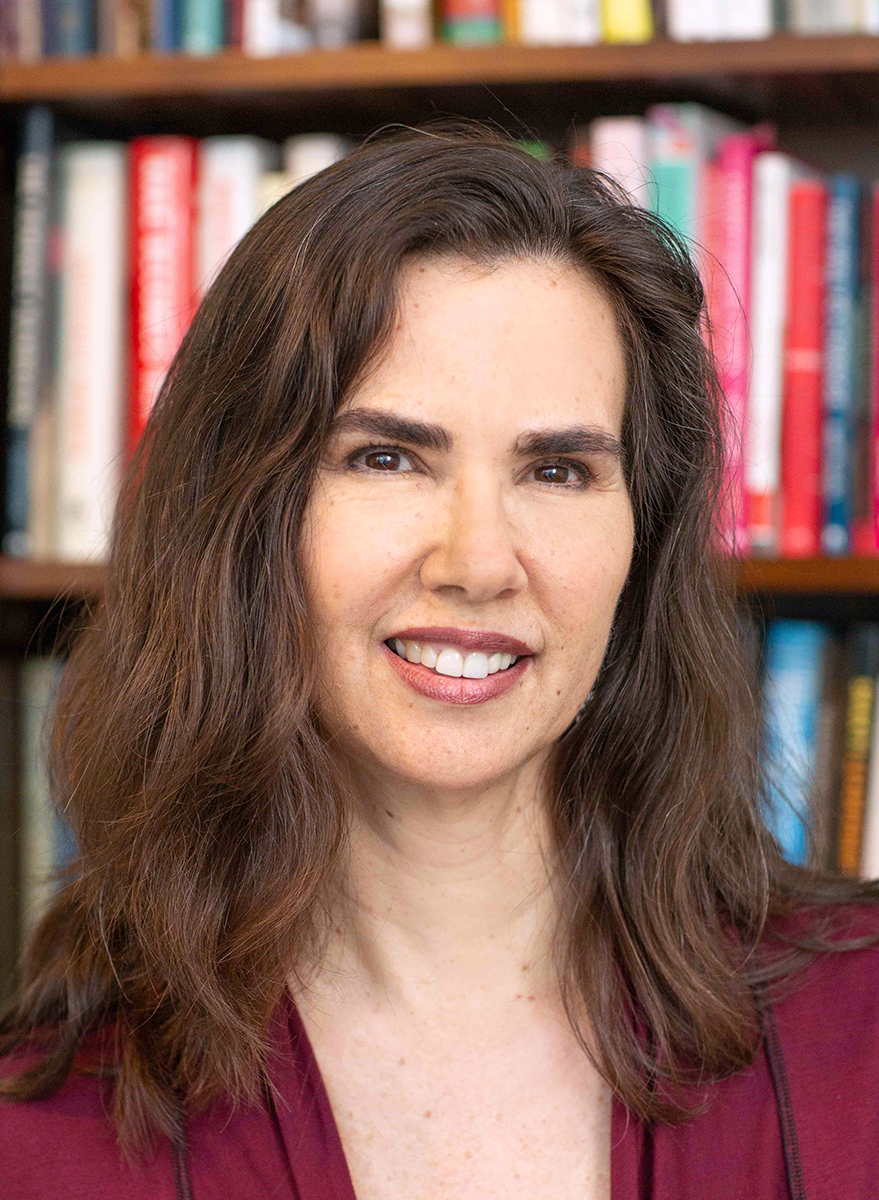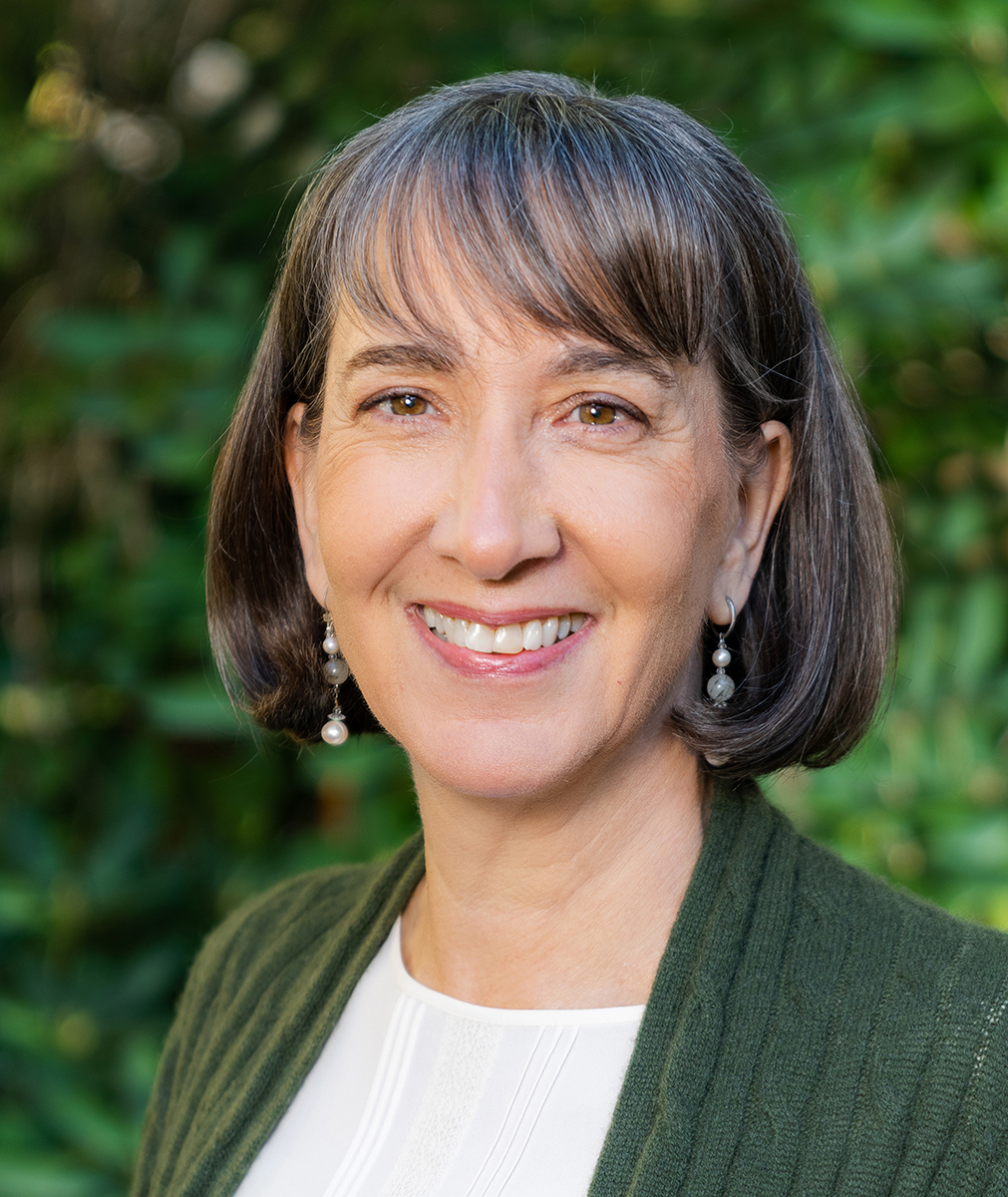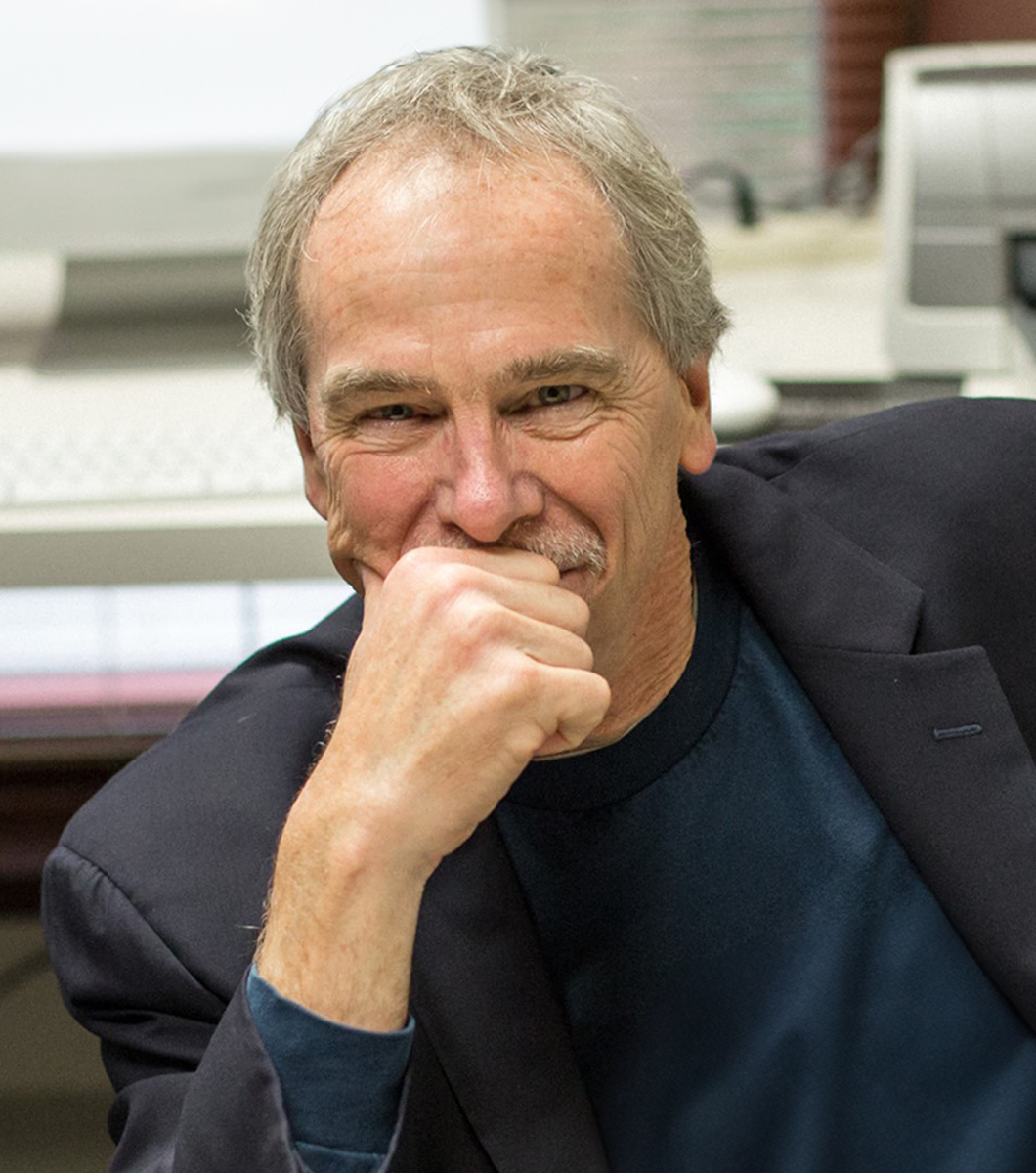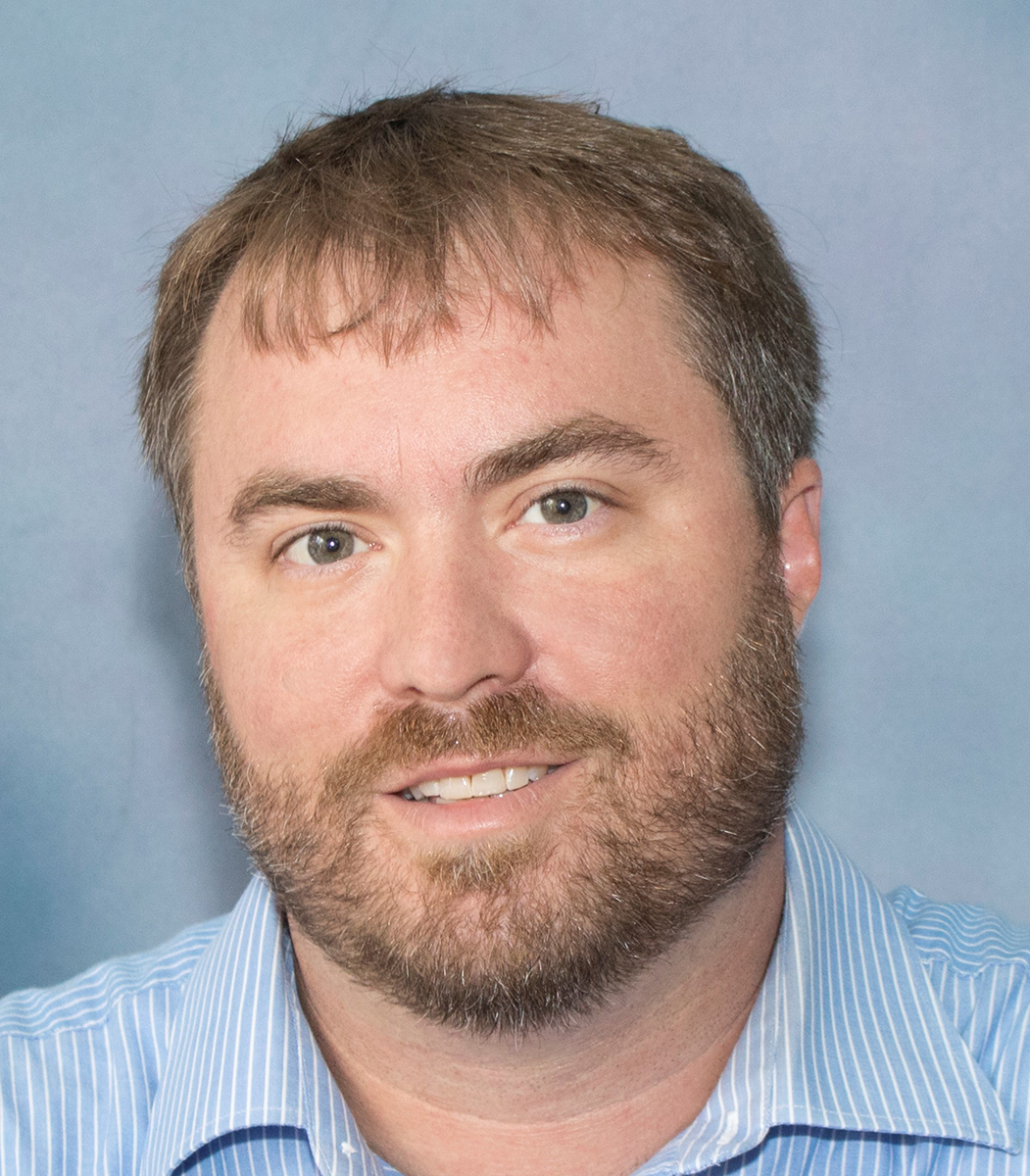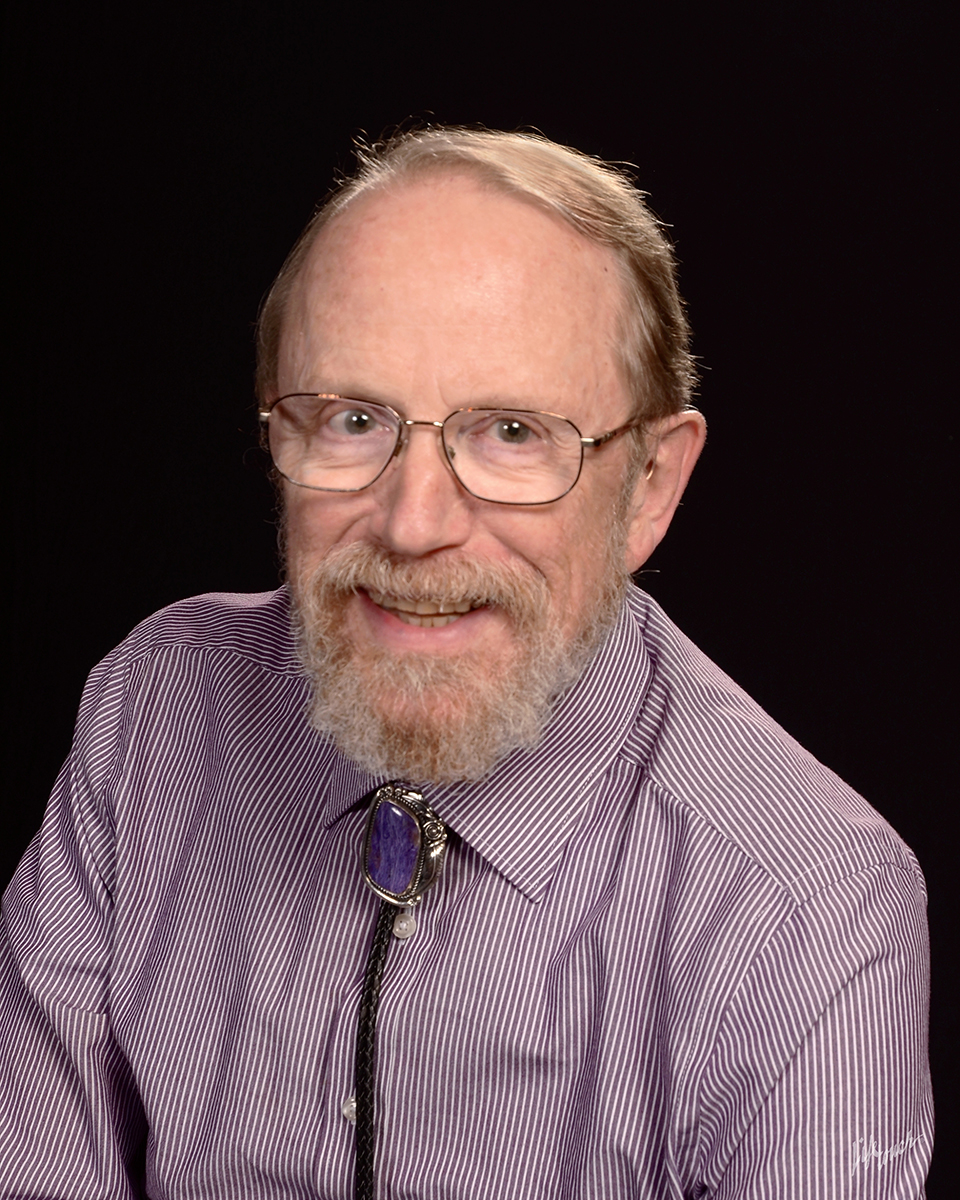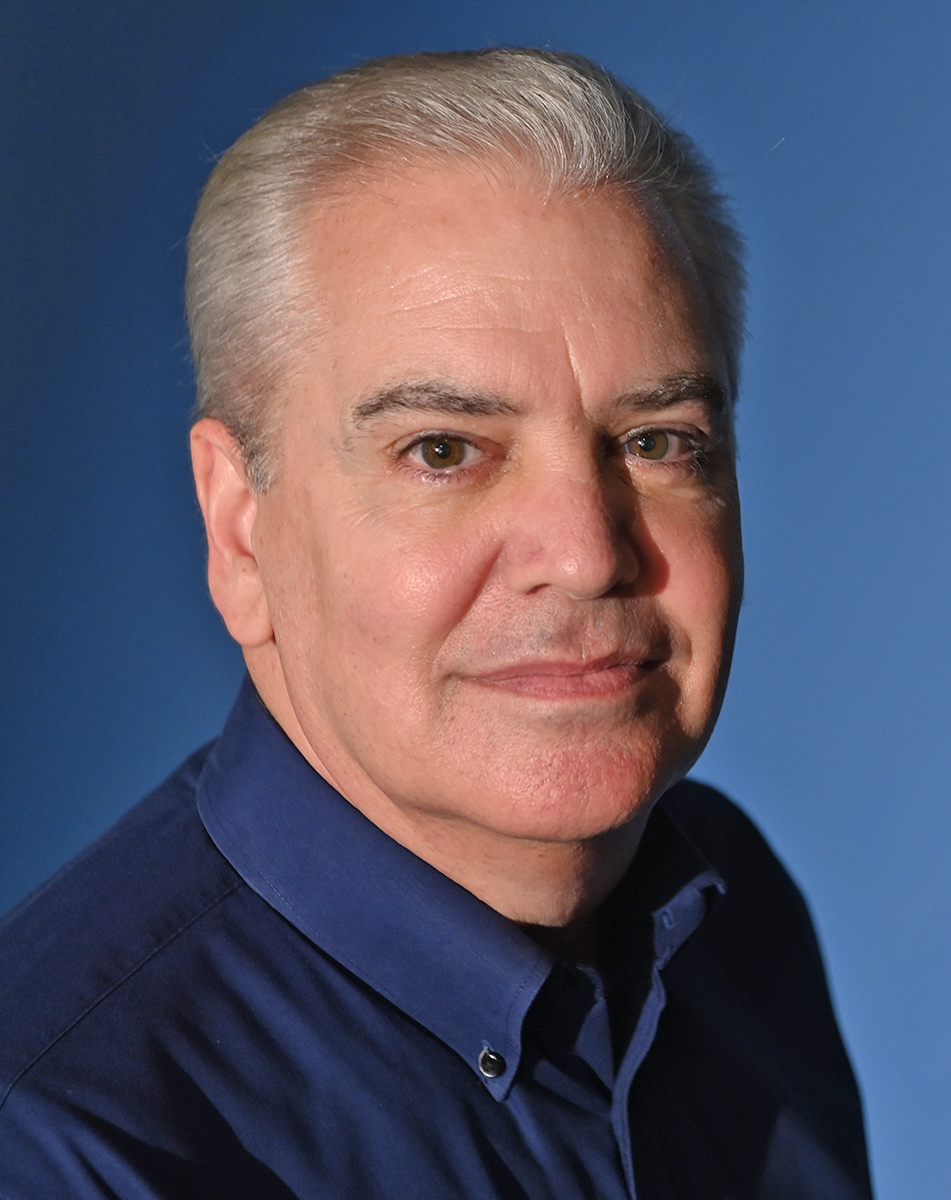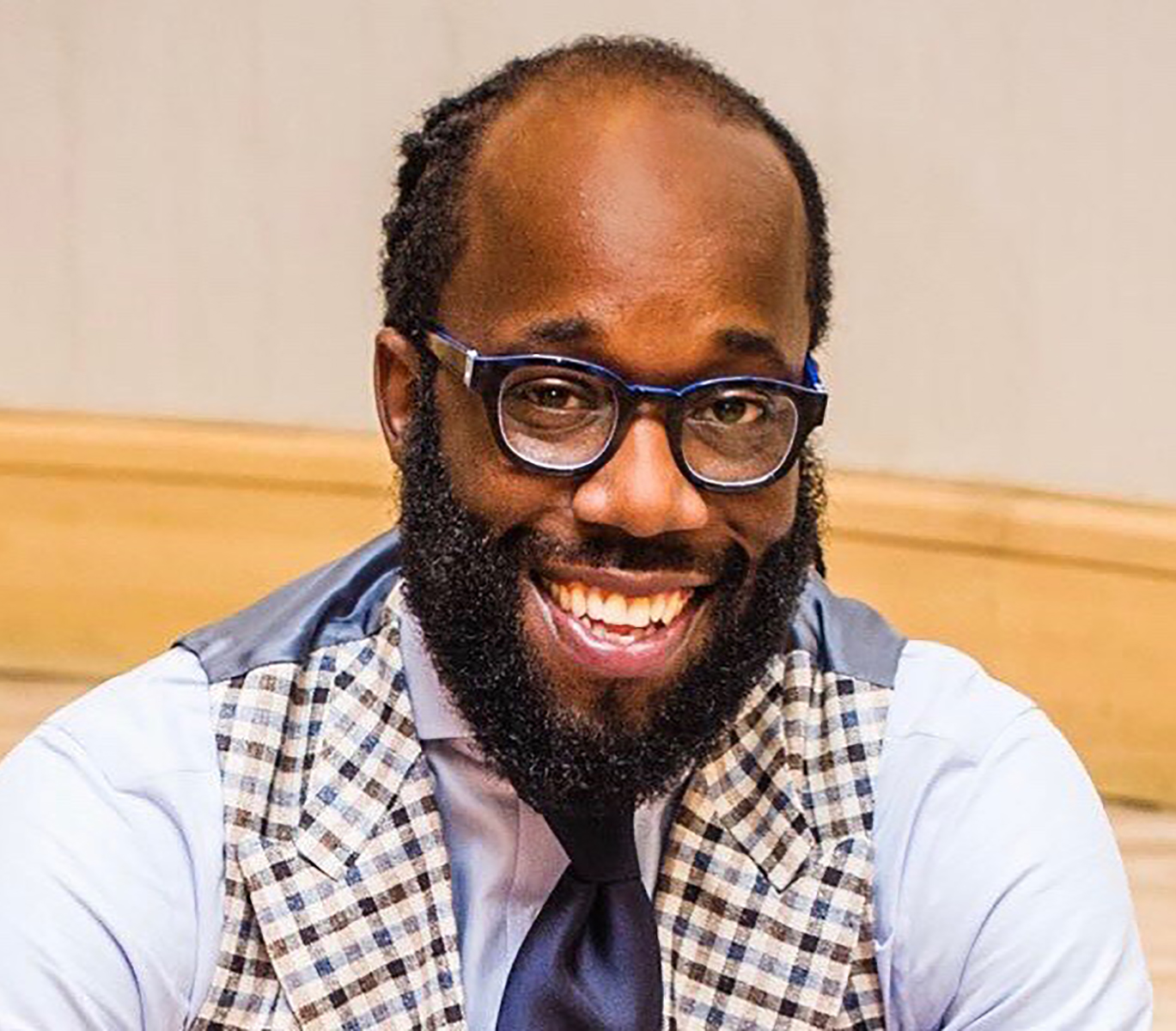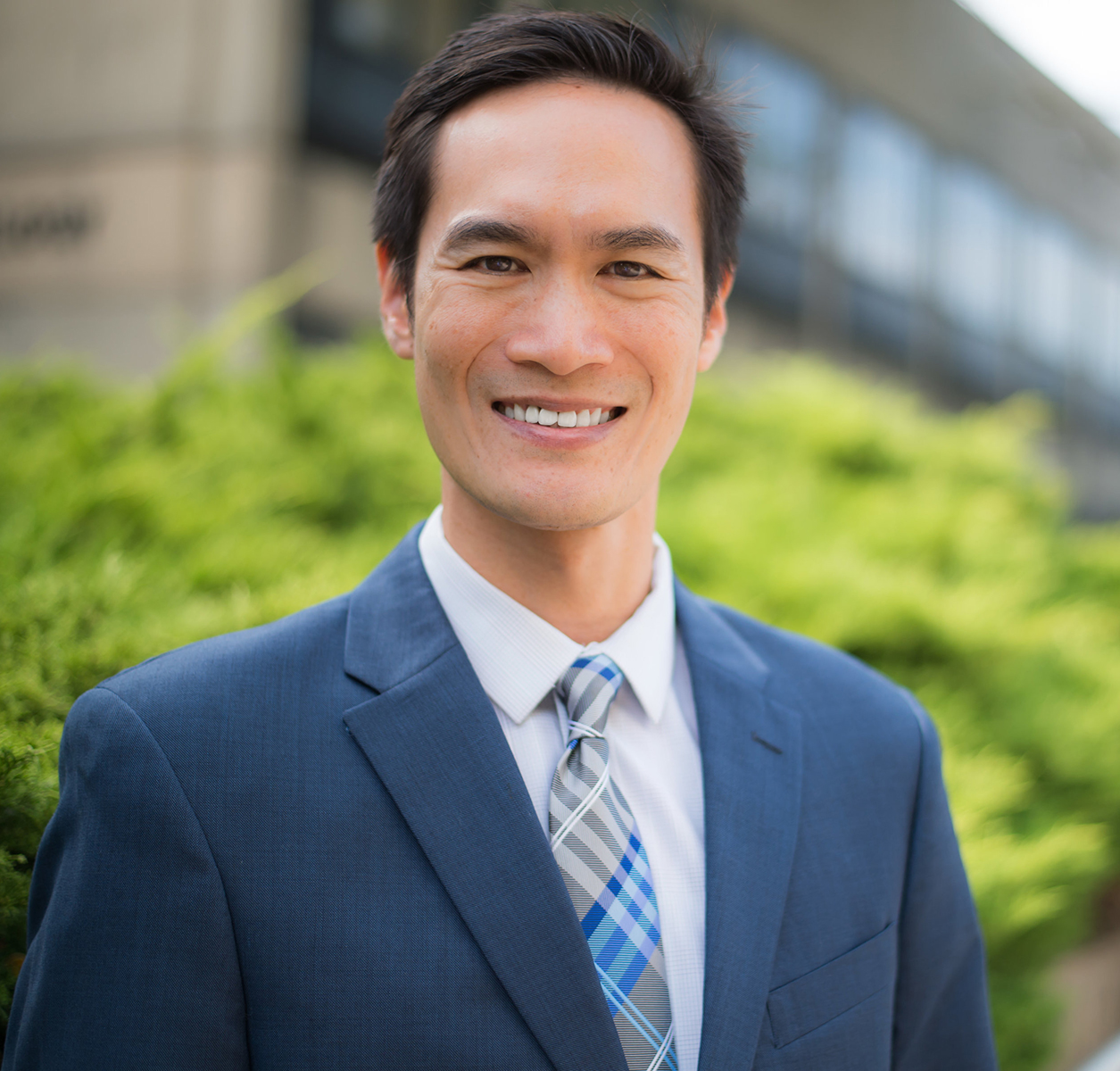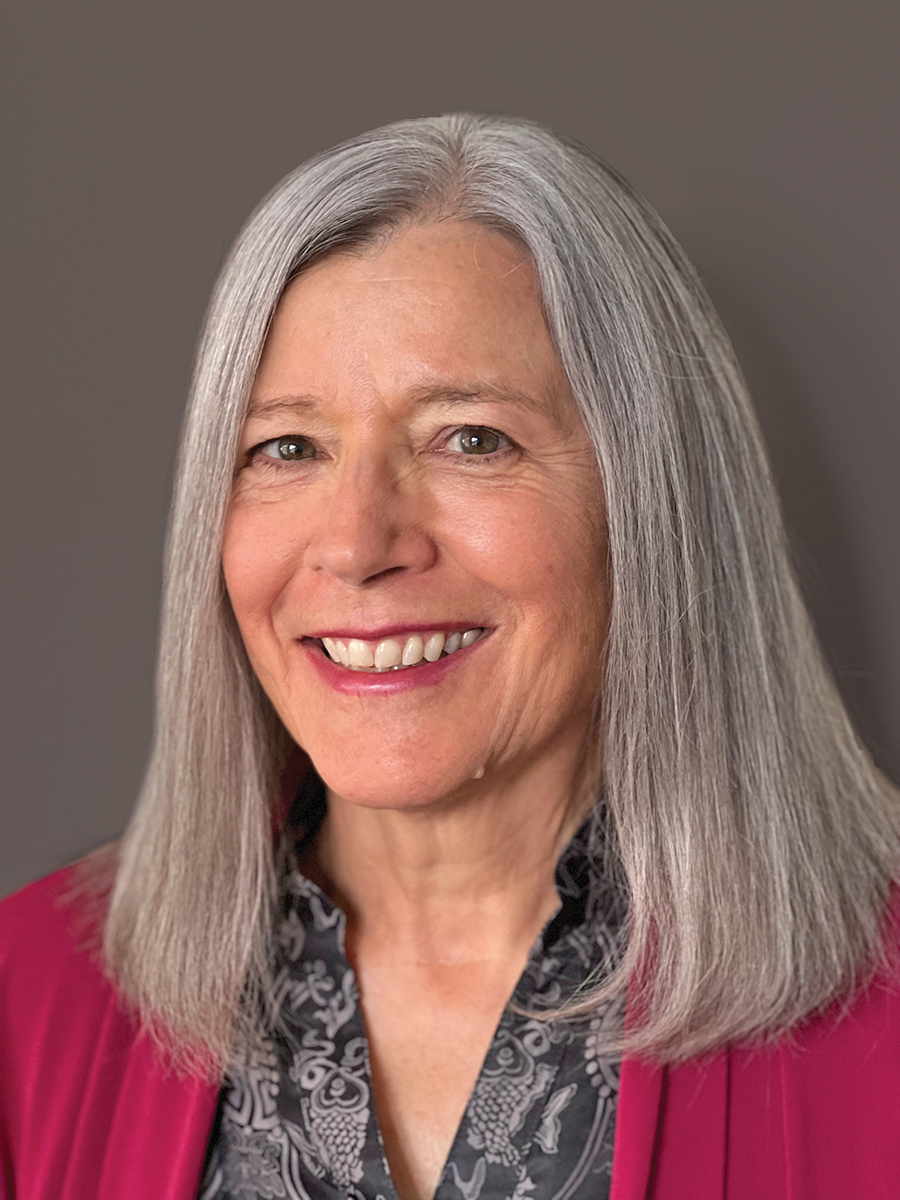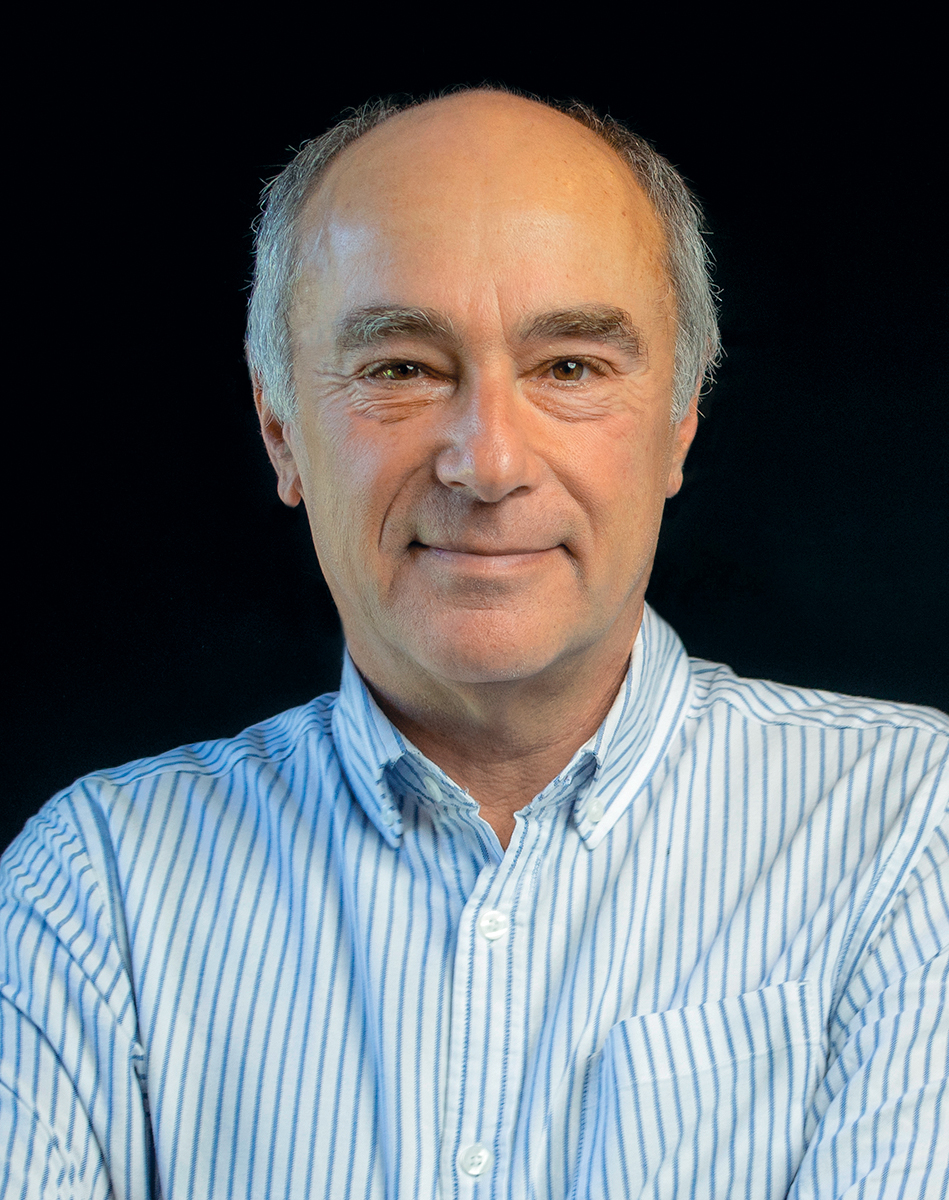Q&A with the Author
- What made you decide to write this book?
- What was the hardest part of writing it, and what was the easiest?
- What is one important lesson or message you hope readers take away from the book?
- Are there any other books that greatly influenced your writing process and/or your research?
- What led you to your specific area of study (the subject of your book)?
- Tell us one fascinating thing about the topic.
- Are there any common misconceptions about the topic?
- What advances do you hope we will see in the next 10 years?
- What made you decide to go into the field of mental health?
- When you are not working, what do you do for fun?
- What is your all-time favorite book?
- Is there a project that you are excited to work on next? (A presentation, a workshop, writing another book, etc.)
Tell us more about your latest book!
What made you decide to write this book?
A patient asked me. She was going through a very complicated divorce and was beginning to feel like a horrible person and a terrible mother. She criticized herself constantly and viciously, and became more and more depressed. Learning Mindfulness and Self-Compassion really made a difference for her. “Please Susan, will your write a book so other parents can benefit as well?” she asked.
What was the hardest part of writing it, and what was the easiest?
The hardest part was realizing that I could write it alone. It was a little terrifying. My other books (Sitting Together, Mindfulness and Psychotherapy), were written with colleagues, and I loved the camaraderie of working with others and sharing drafts and joking together. However, my Guilford editors, Kitty Moore and Chris Benton, were amazing to work with, and I think we laughed and talked about literature as much as we worked.
The easiest was finding humor. Raising two kids, I developed a good sense of the absurd and the ironic. When I was in graduate school, I spent three summers travelling and writing the “bible” of travel guides (Let’s Go: Europe, Let’s Go: France, Let’s Go: Italy, Let’s Go: Greece) and I learned to write quickly (we were on a constant deadline) and developed a warm and inviting writing style. In many ways, I think of Self-Compassion for Parents (which I affectionately refer to as SC4P) as a travel guide to parenting—helping people know what to look for, what to avoid, how to handle the mishaps, how to keep going when things are tough.
What is one important lesson or message you hope readers take away from the book?
That we don’t have to drive ourselves, and our kids, crazy. (I don’t mean that clinically, of course.) It’s not all about achievement. We need to play, have downtime and just be with each other. We are so intense about parenting and are so competitive. I think of the recent college admissions scandal, of what we call “snowplow parents” as a case in point. The idea is not to clear away all obstacles for the child, but to give them the skills to navigate the storms, snow drifts and the ice (I’m a New Englander, I know snowstorms). It is hard to watch our kids struggle, but it is part of development and the process of becoming resilient.
Are there any other books that greatly influenced your writing process and/or your research?
Absolutely. I’ve had a meditation practice since childhood, and did graduate work in Comparative Religion, so I’ve been reading and studying about mindfulness for decades. I find that Sharon Salzberg, Joseph Goldstein, Tara Brach, Rick Hanson, Dan Siegel and Jack Kornfield make mindfulness accessible, so they have inspired me in my writing and thinking.
We are interested in learning more about your expertise.
What led you to your specific area of study (the subject of your book)?
Chris Germer is a dear friend and colleague, and I started teaching with him in 2010 at the inception of the Mindful Self-Compassion course, which he developed with researcher Kristin Neff. Because the training is so useful, one goal is to make it accessible to many people. In the meditation world, parents often feel left out because they don’t have time to do silent retreats, let alone meditate in quiet! Exhausted parents especially have a need for self-compassion.
Tell us one fascinating thing about the topic.
One of the things I love about self-compassion is that it can work so quickly, and in daily life. You don’t need to meditate for hours or do a long silent retreat. Just a few moments can shift the quality of your day and change your state of mind.
Are there any common misconceptions about the topic?
Many. People often think that self-compassion is about becoming soft, or weak—a doormat. A worry is that we will lose our edge. When the media first became interested in self-compassion, the New York Times did an article on Kristin Neff. One of the reader comments was, “Great, just what we need. A nation of wimps.” In fact, self-compassion helps develop resiliency, emotional flexibility, and the ability to respond productively to setbacks. These are skills that increase our functioning in the world, and in relationships.
What advances do you hope we will see in the next 10 years?
Just as mindfulness is now becoming mainstream, we hope that the philosophy and skills of self-compassion will become mainstream as well. Neff’s research is very powerful, and the MSC course is transformational.
What made you decide to go into the field of mental health?
I was in graduate school at Harvard studying Comparative Religion. I ended up taking a course taught by psychologists Carol Gilligan and Lawrence Kohlberg and became fascinated by Carol’s research on the psychology of women. Women had not been included in the studies on human development, and their exclusion wasn’t seen as problematic. I was fascinated, ended up doing a doctorate in Psychology, doing research with Gilligan, and then became interested in becoming a clinician.
Now a little bit about you…
When you are not working, what do you do for fun?
I’m still an inveterate traveler, going back to my travel writing days. I also like to garden, which I consider to be one of my therapies, cook, throw dinner parties, read fiction, and meditate.
What is your all-time favorite book?
I was in a book group with a remarkable novelist/professor who was also a holocaust survivor. We read Dante’s Divine Comedy together, and I felt that it was such a great teaching on human suffering and transformation.
Is there a project that you are excited to work on next? (A presentation, a workshop, writing another book, etc.)
I have another book in the pipeline with Guilford, a benefit that I’m doing for the Cambridge Insight Meditation Center in September, and we just got funding to explore MSC in the workplace. With my colleagues at our Center for Mindfulness and Compassion, we are starting a training fellowship, a longstanding dream of mine, so young clinicians can learn how to safely use mindfulness and compassion with their patients. As far as we know, this is the first training program of its kind—anywhere.
See all titles by and read more about Susan M. Pollak on her author page!
